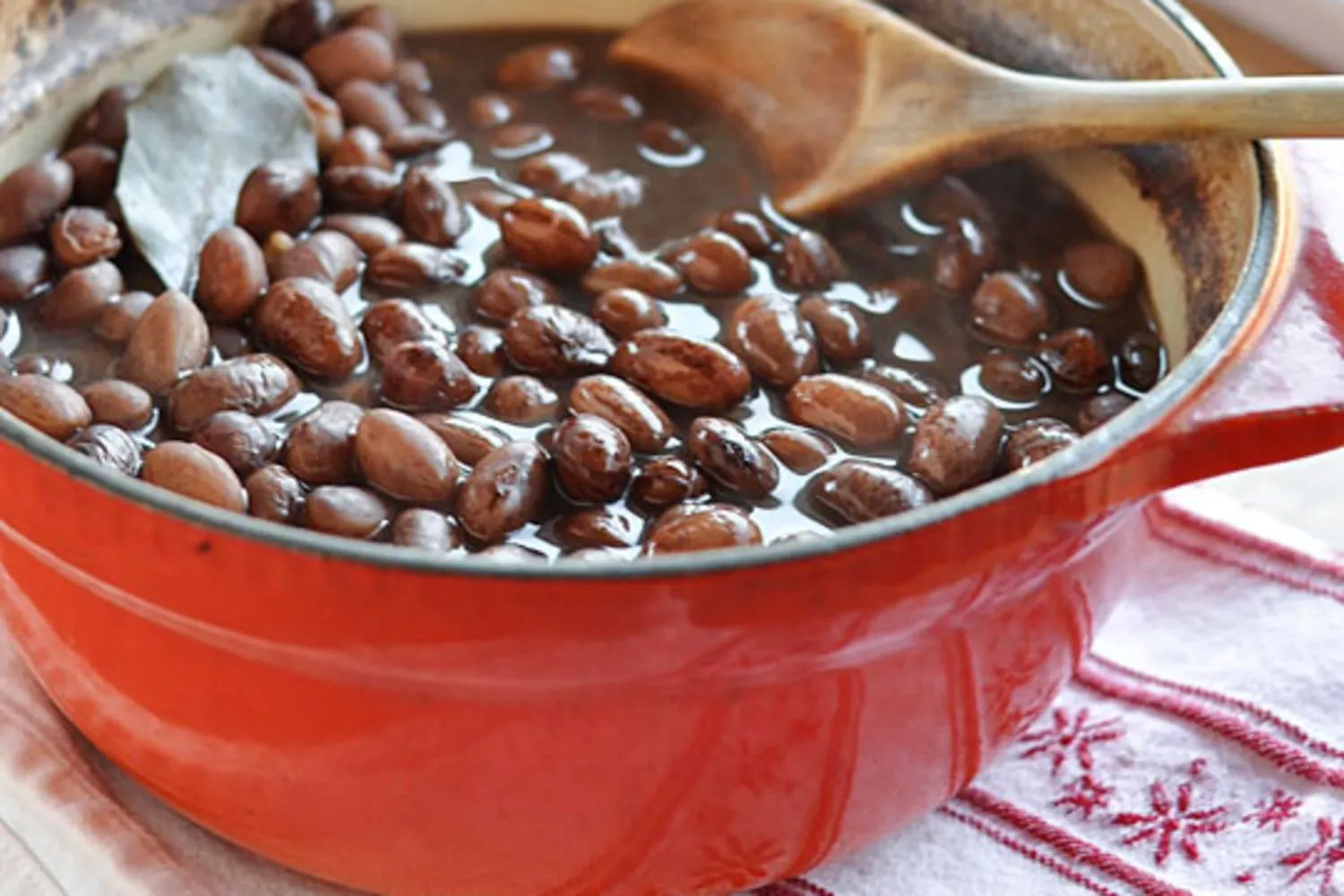

Articles
How To Store Beans After Cooking
Modified: January 18, 2024
Learn how to store beans after cooking in this helpful article. Discover tips and tricks to keep your beans fresh and flavorful.
(Many of the links in this article redirect to a specific reviewed product. Your purchase of these products through affiliate links helps to generate commission for Storables.com, at no extra cost. Learn more)
Introduction
Cooked beans are a versatile and nutritious ingredient that can be enjoyed in a variety of dishes. Whether you’ve made a big batch of beans or have leftovers from a meal, storing cooked beans properly is essential to maintain their freshness and flavor. In this article, we will explore the benefits of storing cooked beans, as well as provide you with general guidelines and different options for storing them.
Beans are packed with essential nutrients like fiber, protein, and vitamins. They are also a great source of plant-based protein, making them an excellent choice for vegetarians and vegans. By storing cooked beans, you can save time and effort in meal preparation, as you’ll have a ready-to-use ingredient at your disposal. Plus, it’s a cost-effective way to make the most out of your beans and reduce food waste.
Proper storage of cooked beans is crucial to maintain their quality and prevent the growth of bacteria. When exposed to air and moisture, beans can spoil quickly and develop an unpleasant taste and texture. Therefore, it’s important to follow the right storage methods to maximize the shelf life of your cooked beans and enjoy them at their best.
In the following sections, we will discuss the general guidelines for storing cooked beans and explore three different options: refrigerating, freezing, and canning. Each method has its advantages, depending on your preferences and the storage duration you have in mind. We will also share some tips and best practices to ensure your cooked beans stay fresh and delicious for as long as possible.
Key Takeaways:
- Storing cooked beans extends their shelf life, saves time, and enhances flavor. Refrigerating, freezing, or canning offers versatile options to enjoy this nutritious ingredient in various dishes.
- Following proper storage guidelines and techniques ensures cooked beans stay fresh and flavorful. Whether refrigerating, freezing, or canning, you can always have a convenient supply of nutritious beans ready for your favorite recipes.
Read more: How To Store Beans After Soaking
Benefits of Storing Cooked Beans
Storing cooked beans offers a range of benefits, both in terms of convenience and nutrition. Here are some key advantages to consider:
- Time-saving: By storing cooked beans, you can reduce meal prep time significantly. Having pre-cooked beans on hand means you don’t have to go through the soaking and cooking process every time you want to add beans to a recipe. It’s a convenient option for busy individuals who want to enjoy the nutritional benefits of beans without the extra effort.
- Extended shelf life: Properly stored cooked beans can last longer than freshly cooked ones. This allows you to buy or cook beans in bulk, saving money and reducing food waste. With longer shelf life, you can plan your meals ahead and have a versatile ingredient ready whenever you need it.
- Enhanced flavor: Storing cooked beans can actually improve their flavor over time. As the flavors have more time to meld together, cooked beans can become even more delicious. This is especially true for dishes such as stews, soups, and chilis, where the flavors continue to develop and intensify with time.
- Diverse meal options: With stored cooked beans, you have the flexibility to whip up a variety of dishes. From hearty bean salads to comforting bean bowls, the possibilities are endless. Having cooked beans readily available allows you to experiment with different recipes and enjoy the nutritional benefits they offer in various forms.
- Nutritional content: When compared to canned beans, storing cooked beans preserves their nutritional value better. Canned beans often contain added salt and preservatives, whereas homemade cooked beans offer a healthier alternative. By storing cooked beans, you have greater control over the ingredients and can enjoy the full nutritional benefits of this powerhouse ingredient.
Overall, storing cooked beans is a convenient and practical way to ensure you always have a nutritious ingredient on hand. Whether you’re looking to save time in the kitchen, extend the shelf life of your beans, or enhance their flavor, storing cooked beans can help you achieve these goals. In the following sections, we will discuss the methods and guidelines for storing cooked beans to maximize their freshness and quality.
General Guidelines for Storing Cooked Beans
Proper storage of cooked beans is essential to maintain their taste, texture, and nutritional value. Follow these general guidelines to ensure your cooked beans stay fresh and safe to consume:
- Cool the beans: Allow the cooked beans to cool down to room temperature before storing them. Never store warm or hot beans, as they can create condensation inside the storage container, leading to moisture buildup and potential spoilage.
- Clean and dry containers: Use clean and airtight containers for storing cooked beans. Make sure to dry the containers thoroughly before adding the beans to prevent any moisture from entering.
- Portion control: Divide the cooked beans into individual or family-sized portions before storing. This way, you can easily take out the required amount without exposing the rest of the beans to air and moisture.
- Label and date: Label each container with the type of beans and the date of cooking. This ensures you can keep track of the age of the beans and use them in a timely manner.
- Avoid overfilling: Leave some headspace at the top of the container to allow for expansion during freezing or canning. The beans may expand when frozen, so it’s important to give them room to avoid the risk of containers cracking.
- Keep away from moisture: Moisture is the enemy when it comes to storing cooked beans. Make sure the containers are tightly sealed to prevent moisture from entering. If opting for freezing or canning, ensure the beans are fully submerged in liquid to avoid drying out.
- Store in a cool, dark place: Place the containers in a cool, dry, and dark spot in the pantry or cupboard. Avoid storing them near heat sources or in direct sunlight, as this can cause the beans to spoil more quickly.
By following these general guidelines, you can ensure that your cooked beans stay fresh and maintain their quality for an extended period. In the next sections, we will explore three different options for storing cooked beans: refrigerating, freezing, and canning.
Option 1: Refrigerating Cooked Beans
Refrigerating cooked beans is a simple and convenient way to store them for short-term use. Here’s how you can refrigerate cooked beans:
- Cool the beans: Allow the cooked beans to cool down to room temperature before refrigerating them. This prevents condensation from forming inside the container, which can lead to moisture buildup and spoilage.
- Choose the right container: Transfer the cooked beans to an airtight container or a resealable plastic bag. Make sure the container is clean and dry to prevent any moisture from entering.
- Seal tightly: Close the container or seal the bag tightly to prevent air from getting in. This helps to maintain the freshness and quality of the beans.
- Label and date: Don’t forget to label the container or bag with the type of beans and the date of cooking. This will help you keep track of their freshness and use them within a reasonable timeframe.
- Store in the refrigerator: Place the container or bag of cooked beans in the refrigerator. The ideal temperature for storing cooked beans is between 35°F (1.6°C) and 40°F (4.4°C).
- Consume within a few days: Refrigerated cooked beans are best consumed within 3 to 4 days. After that, their texture and taste may start to deteriorate.
Refrigerating cooked beans is a convenient option when you plan to use them within a few days. They can be easily added to salads, soups, wraps, or reheated for a quick and nutritious meal. However, if you want to store them for a more extended period, freezing or canning is a better option, which we will discuss in the following sections.
Store cooked beans in an airtight container in the refrigerator for up to 3-4 days. For longer storage, freeze the beans in a freezer-safe container or bag for up to 6 months.
Option 2: Freezing Cooked Beans
Freezing cooked beans is a great way to extend their shelf life and have them readily available for future use. Here’s how you can freeze cooked beans:
- Cool the beans: Allow the cooked beans to cool down to room temperature before freezing. This prevents condensation from forming inside the container and ensures the beans freeze evenly.
- Portion the beans: Divide the cooked beans into individual or family-sized portions based on your needs. This makes it easier to thaw and use the desired amount without having to defrost the entire batch.
- Choose freezer-safe containers: Transfer the portioned beans into freezer-safe containers or resealable freezer bags. Make sure to leave some empty space at the top of the container or bag to allow for expansion during freezing.
- Seal the containers tightly: Ensure that the containers or bags are properly sealed to prevent air and moisture from entering. This helps maintain the quality of the beans during freezing.
- Label and date: Label each container or bag with the type of beans and the date of freezing. This helps you keep track of their freshness and use them in a timely manner.
- Store in the freezer: Place the containers or bags of cooked beans in the freezer. Ideally, store them in the coldest part of the freezer, such as the back or bottom shelf.
- Thawing and using frozen beans: To use the frozen cooked beans, simply thaw them in the refrigerator overnight or defrost them in the microwave. Once thawed, you can add them to your favorite recipes or reheat them for a quick meal.
Frozen cooked beans can last for up to 6 months in the freezer. However, for the best quality and taste, it’s recommended to use them within 3 to 4 months. Freezing cooked beans gives you the flexibility to enjoy them whenever you need, whether it’s for soups, stews, or bean-based dishes. Now, let’s explore the next storage option: canning.
Read more: How To Store Canned Beans After Opening
Option 3: Canning Cooked Beans
Canning cooked beans is a fantastic way to preserve them for long-term storage while maintaining their flavor and texture. Here’s how you can can cooked beans:
- Prepare the jars: Start by sterilizing canning jars, lids, and bands according to the manufacturer’s instructions. This will ensure they are clean and safe for food storage.
- Cook the beans: Cook the beans until they are tender and fully cooked. You can season them with salt and other herbs or spices if desired.
- Fill the jars: Carefully ladle the cooked beans into the sterilized jars, leaving about 1-inch of headspace at the top. This space allows for expansion during processing.
- Add liquid: To ensure the beans stay moist during storage, cover them with a liquid such as water, vegetable broth, or their cooking liquid. Ensure that the liquid covers the beans completely.
- Remove air bubbles: Use a non-metallic tool, such as a wooden or plastic spatula, to remove any air bubbles trapped in the jar. This ensures proper sealing and helps prevent spoilage.
- Seal the jars: Wipe the rim of each jar to remove any food particles, then place a sterilized lid on top. Screw the band on tightly, but not overly tight.
- Process in a canner: Place the jars in a canner filled with water, ensuring that the water covers the jars by at least 1-2 inches. Follow the recommended processing time for your altitude and the size of the jars.
- Cool and store: Once the processing time is complete, carefully remove the jars from the canner and let them cool at room temperature. Check for proper seals by pressing the center of each lid. Store any unsealed jars in the refrigerator and use them within a few days.
- Label and store: Finally, label each jar with the type of beans and the date of canning. Store the sealed jars in a cool, dark, and dry pantry or cupboard. Properly canned beans can last for up to one year.
Canned cooked beans are a versatile ingredient that can be used in a variety of dishes, from bean salads to tacos and casseroles. They provide the convenience of having ready-to-use beans at hand, allowing you to add a nutritional boost to your meals in no time.
Remember to always follow proper canning techniques to ensure the safety and quality of your canned beans. If you are unsure about the canning process, consult reliable sources or seek guidance from canning experts.
Now that you’re familiar with the various options for storing cooked beans, as well as the guidelines for each method, you can choose the one that best suits your needs and enjoy the convenience and versatility of this nutritious ingredient.
Tips for Storing Cooked Beans
Proper storage techniques can help maintain the freshness, flavor, and quality of cooked beans. Here are some tips to ensure optimal storage:
- Keep them dry: Moisture is the enemy of stored beans as it can cause spoilage. Make sure the cooked beans are completely dry before storing them. Avoid storing them in liquid unless canning, and ensure the containers are tightly sealed to prevent moisture from entering.
- Use airtight containers: Choose airtight containers, such as glass jars, plastic containers, or resealable bags, to store the cooked beans. This will help prevent air and moisture from getting in and maintain their freshness.
- Label and date: Always label the containers or bags with the type of beans and the date of cooking or freezing. This will help you keep track of their freshness and use them before they exceed their recommended storage duration.
- Store in the right temperature: Beans are best stored in a cool, dark, and dry place. Avoid storing them near heat sources or in direct sunlight, as it can cause them to spoil more quickly. The ideal temperature for storing cooked beans is between 35°F (1.6°C) and 40°F (4.4°C).
- Rotate your stock: When storing cooked beans, follow the principle of first in, first out (FIFO). This means using the oldest beans first to ensure they get consumed within their recommended storage time. This helps to prevent wastage and maintain the quality of your stock.
- Inspect before use: Before using the stored cooked beans, inspect them for any signs of spoilage, such as a foul odor, mold, sliminess, or an off texture. If you notice any of these signs, it’s best to discard the beans to avoid any risk of foodborne illness.
By following these tips, you can ensure that your cooked beans stay fresh, safe, and delicious for as long as possible. Whether you choose to refrigerate, freeze, or can your cooked beans, proper storage techniques will help you make the most out of this versatile ingredient.
Remember that the recommended storage times may vary depending on factors such as the type of beans and the storage method used. Always use your judgment and consider the quality and smell of the cooked beans before consuming them.
Now you have a range of options and tips to store your cooked beans, allowing you to enjoy their nutritional benefits and add them to your favorite recipes whenever you desire. With proper storage, you can have a convenient and readily available ingredient that can enhance the flavor and nutritional value of your meals.
Conclusion
Storing cooked beans properly is essential in order to maintain their freshness, flavor, and nutritional value. Whether you choose to refrigerate, freeze, or can your cooked beans, each method offers its own benefits and considerations. Refrigerating cooked beans is ideal for short-term storage, while freezing and canning provide longer shelf life options.
By refrigerating cooked beans, you can have a ready-to-use ingredient at hand, reducing meal prep time and ensuring their quality for up to a few days. Freezing cooked beans extends their shelf life for several months, allowing you to stock up and use them whenever needed. Canning cooked beans offers long-term storage and preserves their taste and texture for up to a year.
When storing cooked beans, it is important to follow general guidelines such as cooling them before storing, using clean and airtight containers, and labeling properly. Additionally, keeping the beans dry, storing them at the right temperature, and inspecting them before use are essential to maintain their quality and prevent spoilage.
Cooked beans offer a range of benefits such as time-saving, extended shelf life, enhanced flavor, diverse meal options, and preserved nutritional content. Storing cooked beans allows you to have a versatile and nutritious ingredient on hand, ready to be incorporated into various dishes, whether it’s a salad, soup, stew, or a bean-based recipe.
Remember that different types of beans may have different storage requirements, so it’s important to consider specific recommendations for each variety. Always use your judgment and rely on your senses when determining the freshness and safety of stored cooked beans.
By following the tips, guidelines, and storage methods discussed in this article, you can ensure that your cooked beans stay fresh, flavorful, and enjoyable for as long as possible. Whether you’re a fan of beans for their taste, texture, or nutritional benefits, proper storage techniques allow you to make the most out of this versatile and valuable ingredient.
So go ahead and start storing your cooked beans using the option that suits you best. With the right storage practices, you can always have a supply of cooked beans ready to add a nutritious and delicious element to your meals.
Frequently Asked Questions about How To Store Beans After Cooking
Was this page helpful?
At Storables.com, we guarantee accurate and reliable information. Our content, validated by Expert Board Contributors, is crafted following stringent Editorial Policies. We're committed to providing you with well-researched, expert-backed insights for all your informational needs.
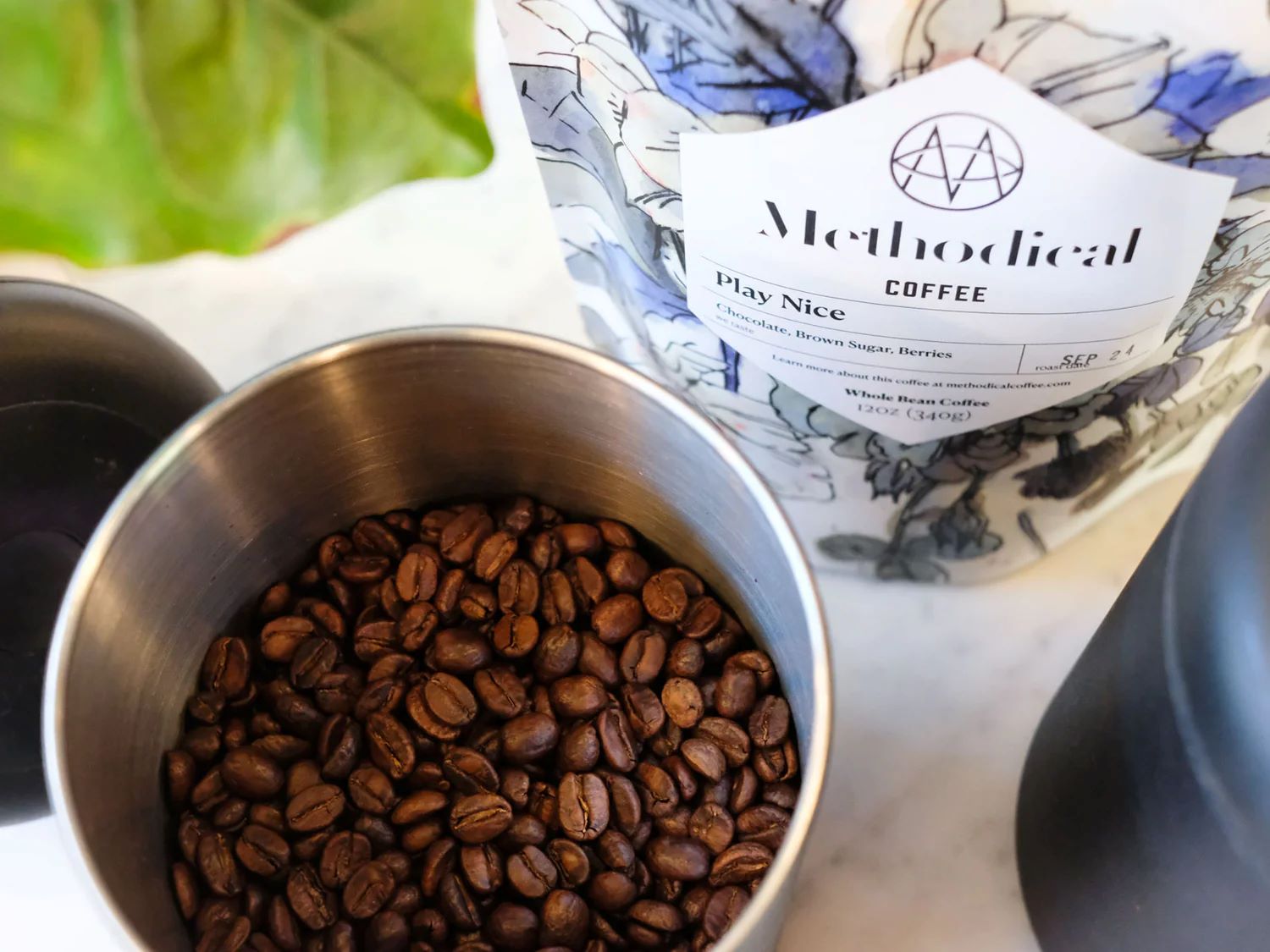
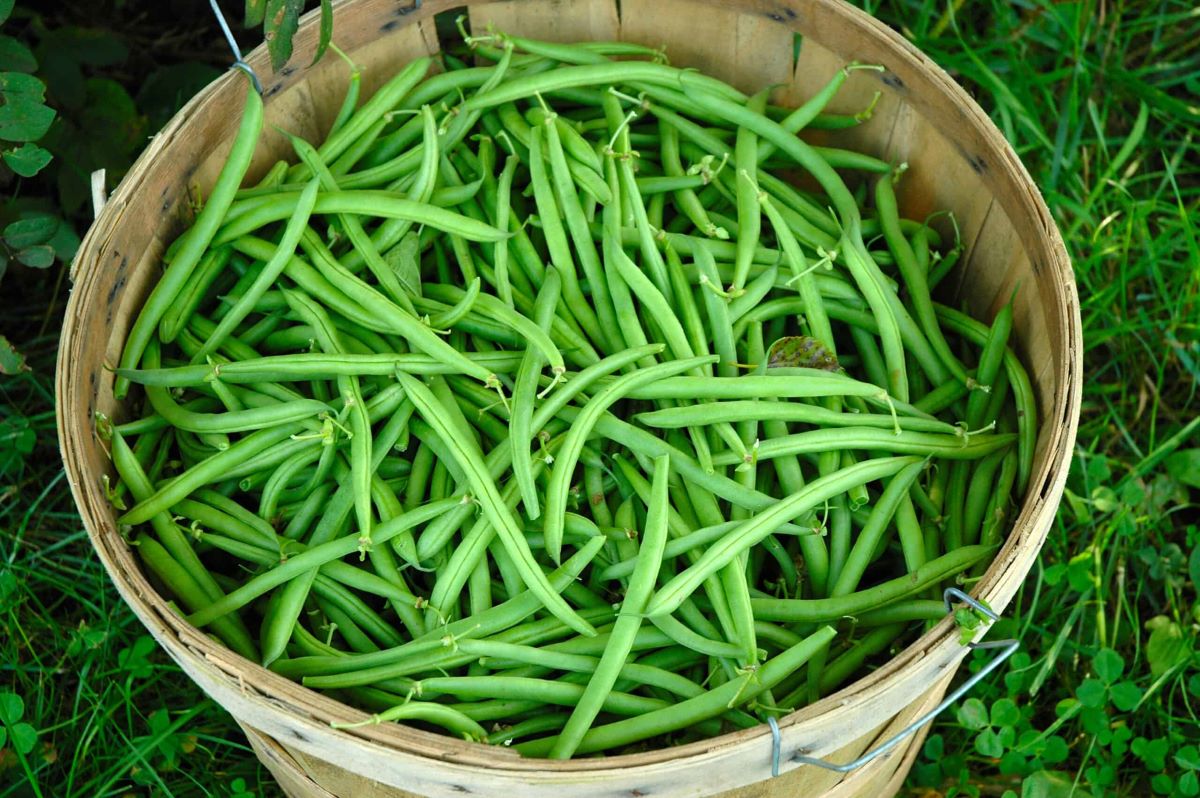
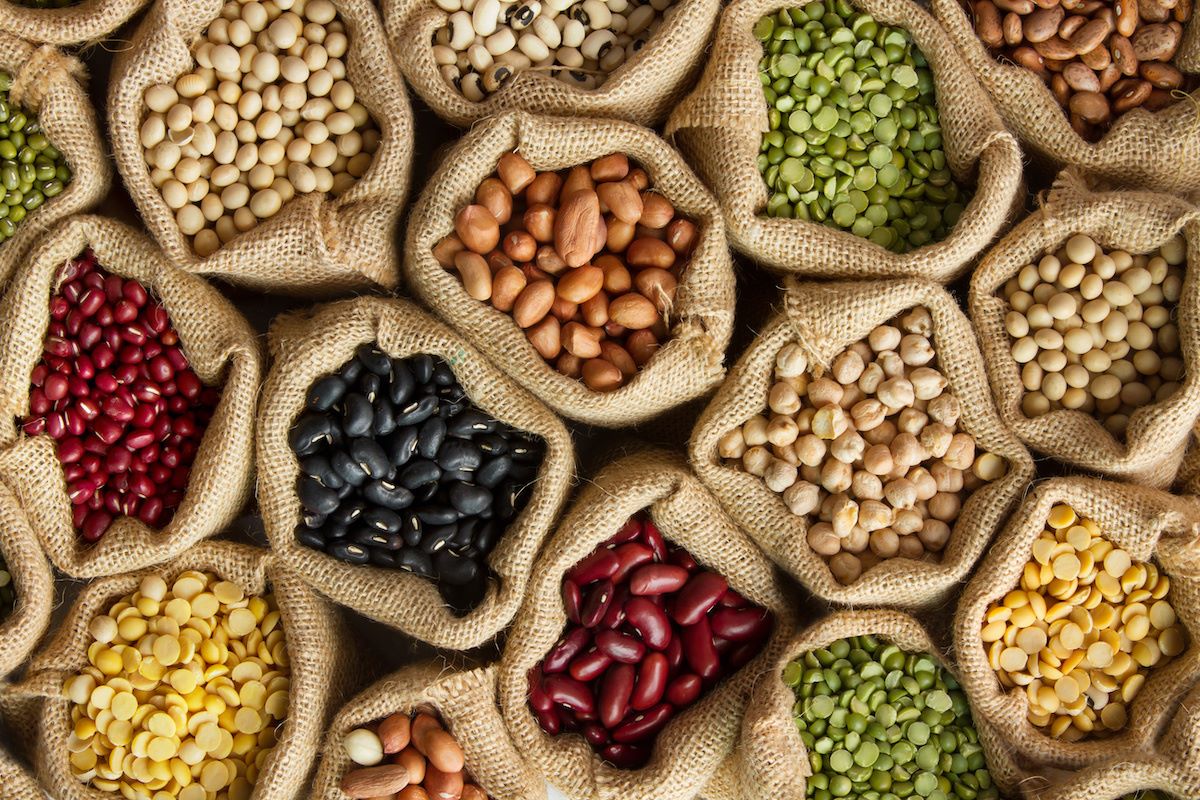
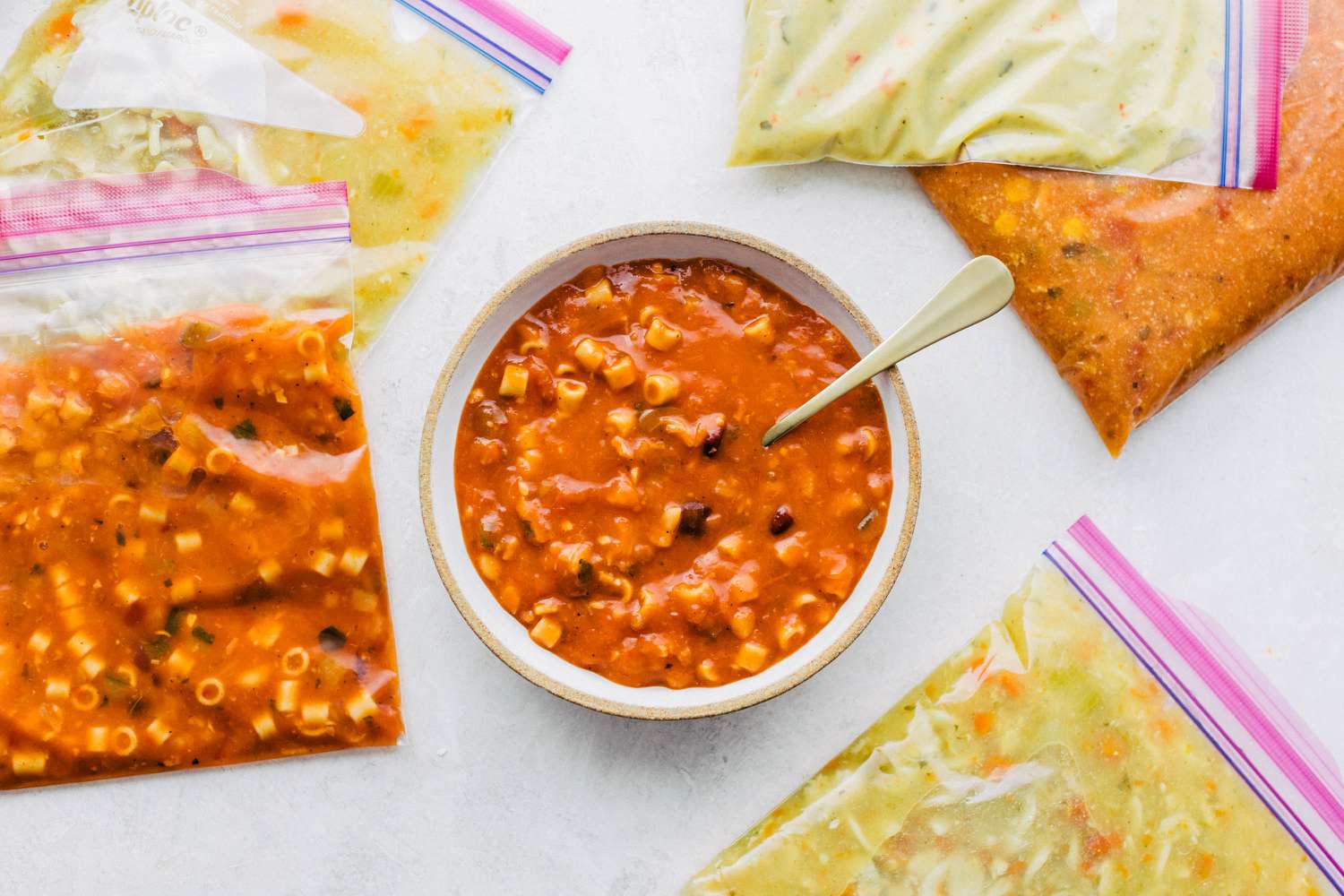
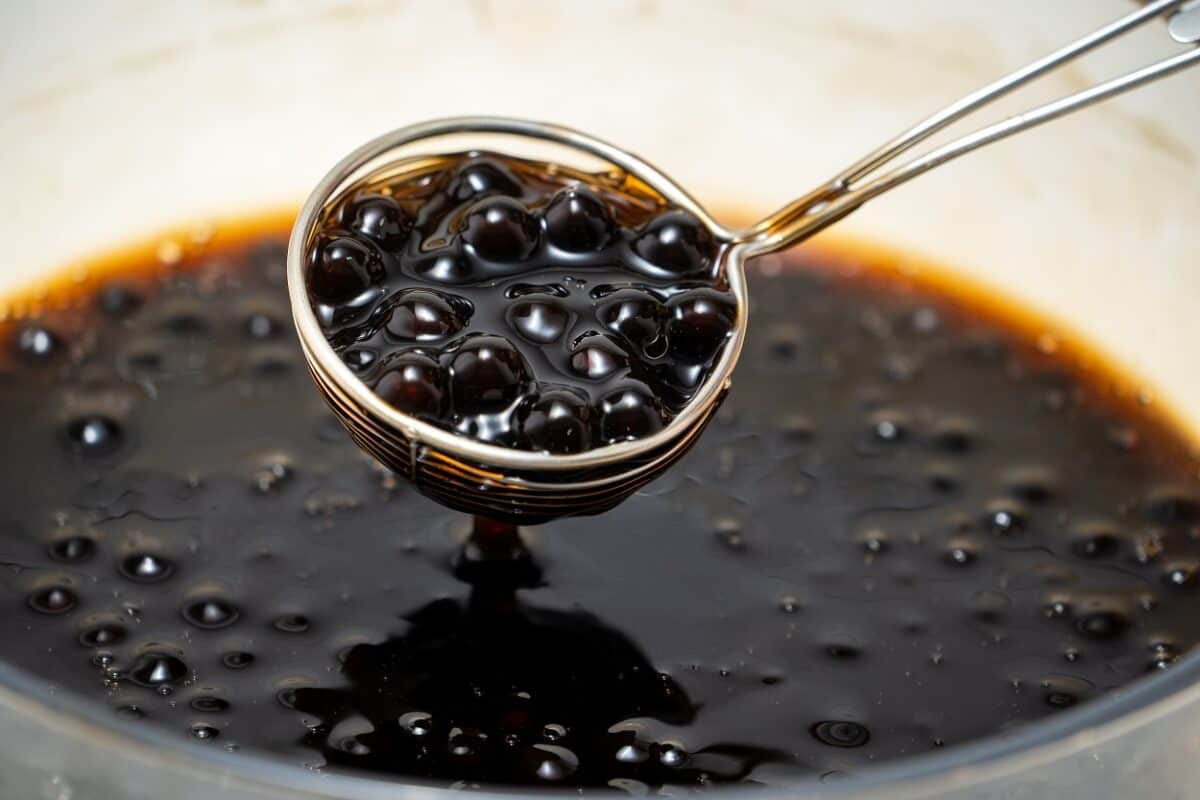
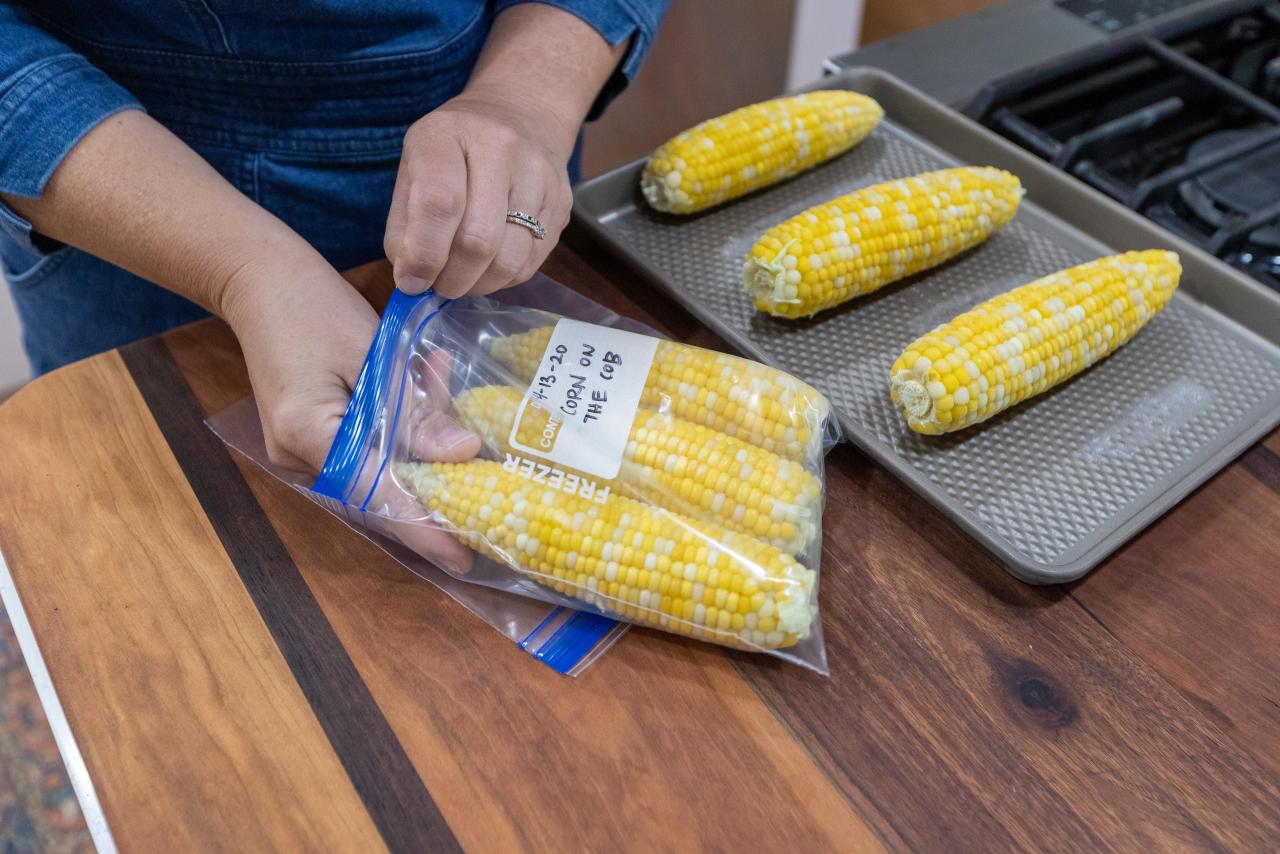
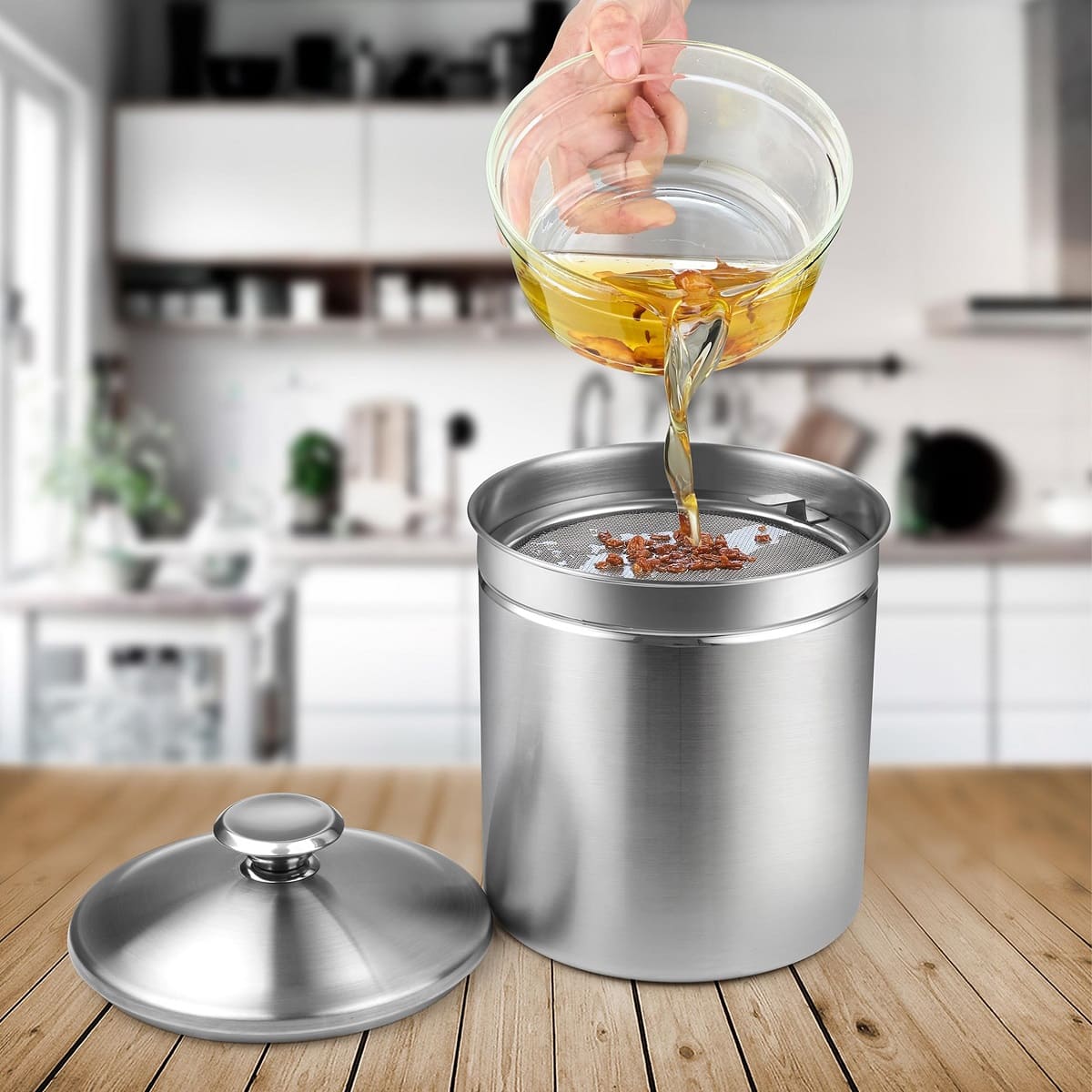
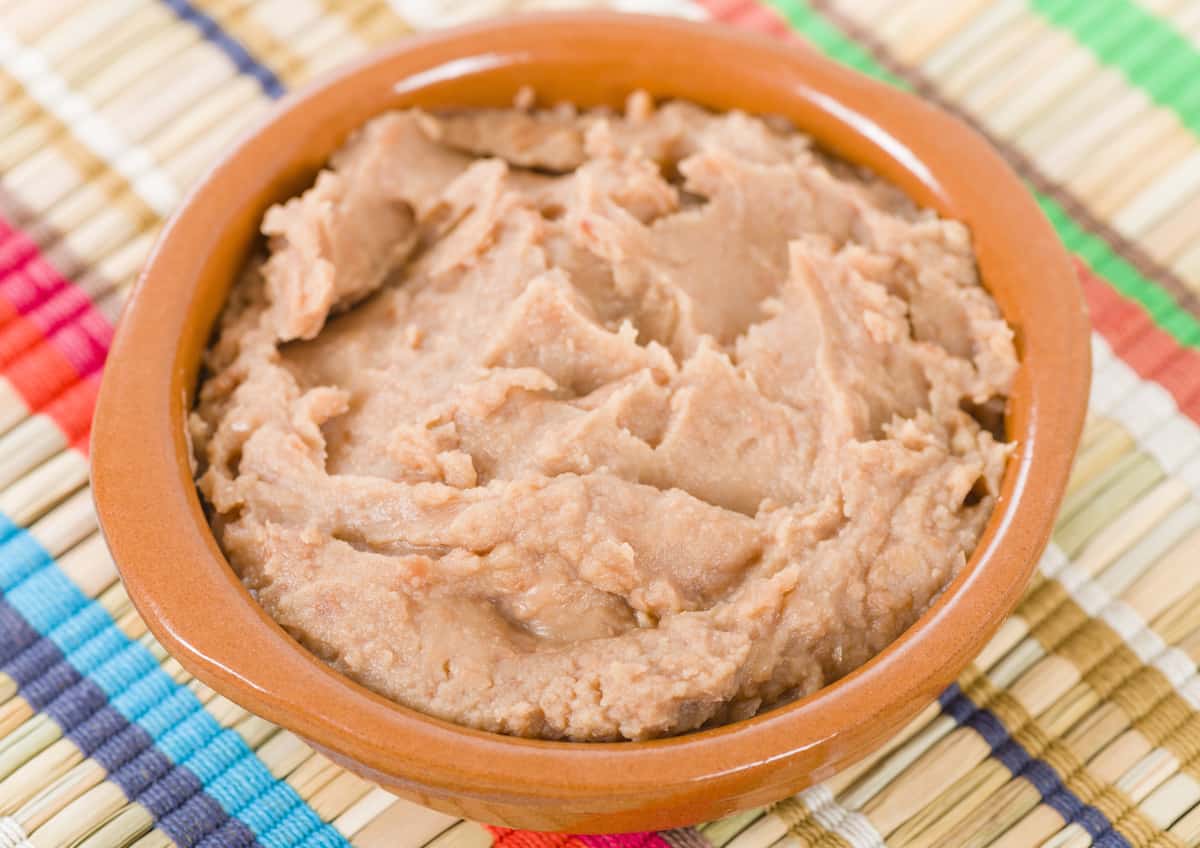
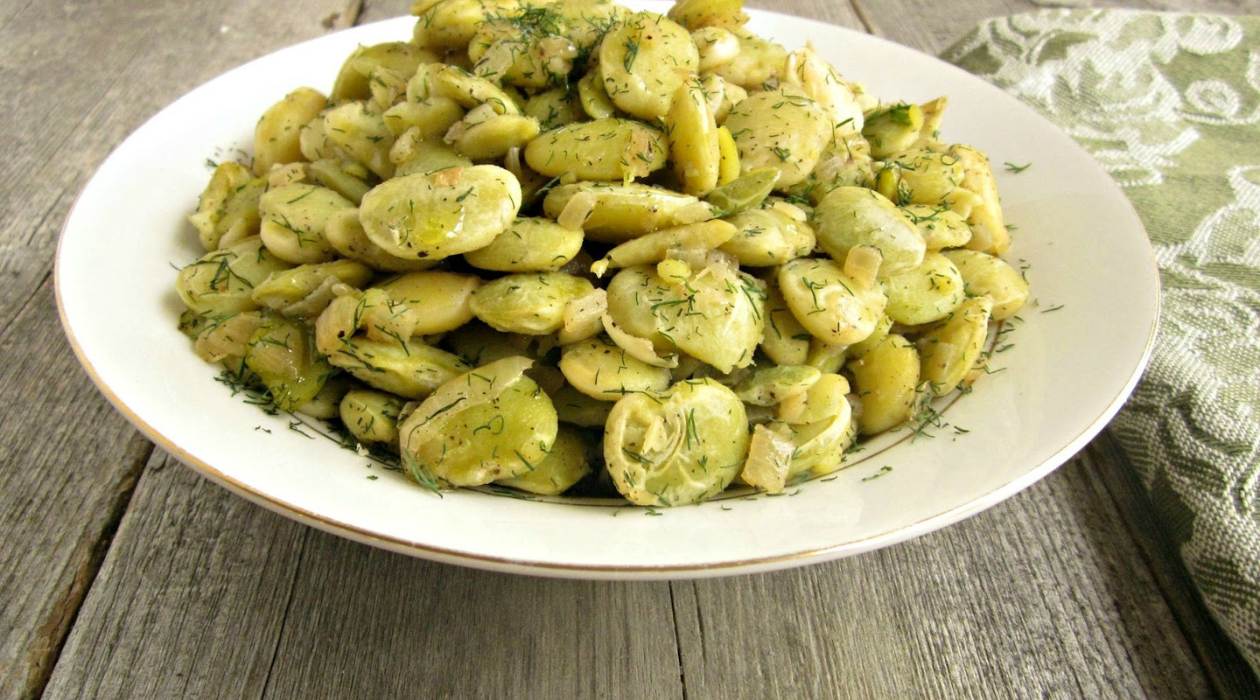
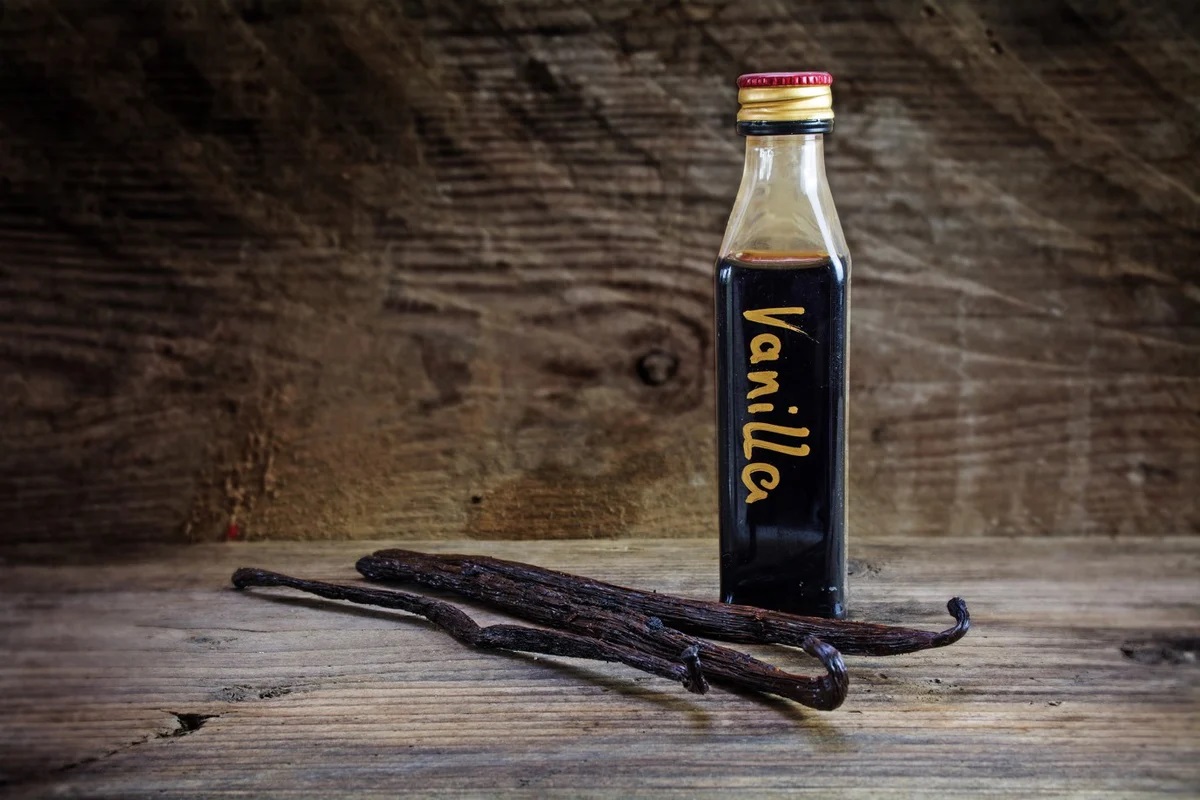
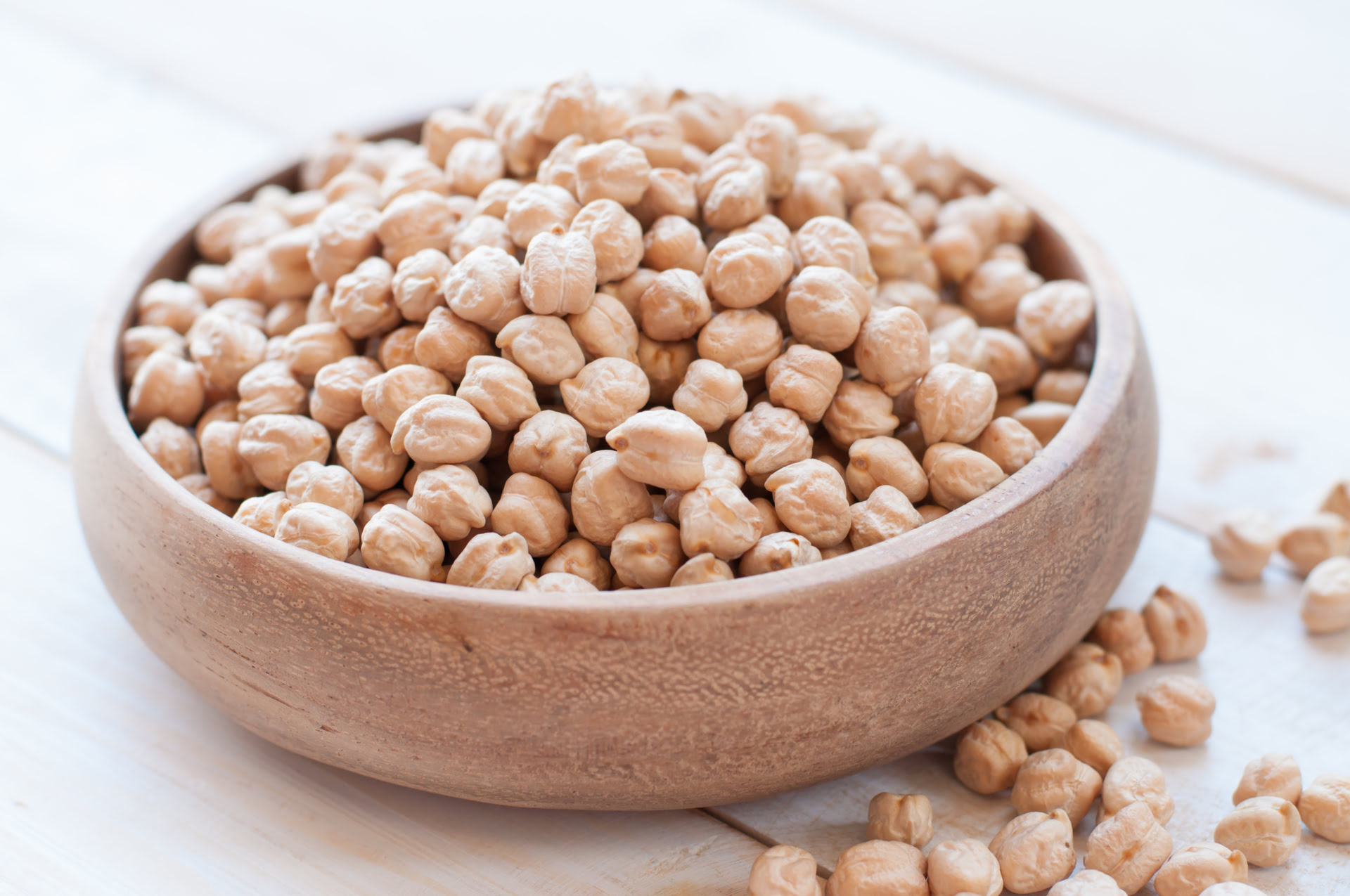
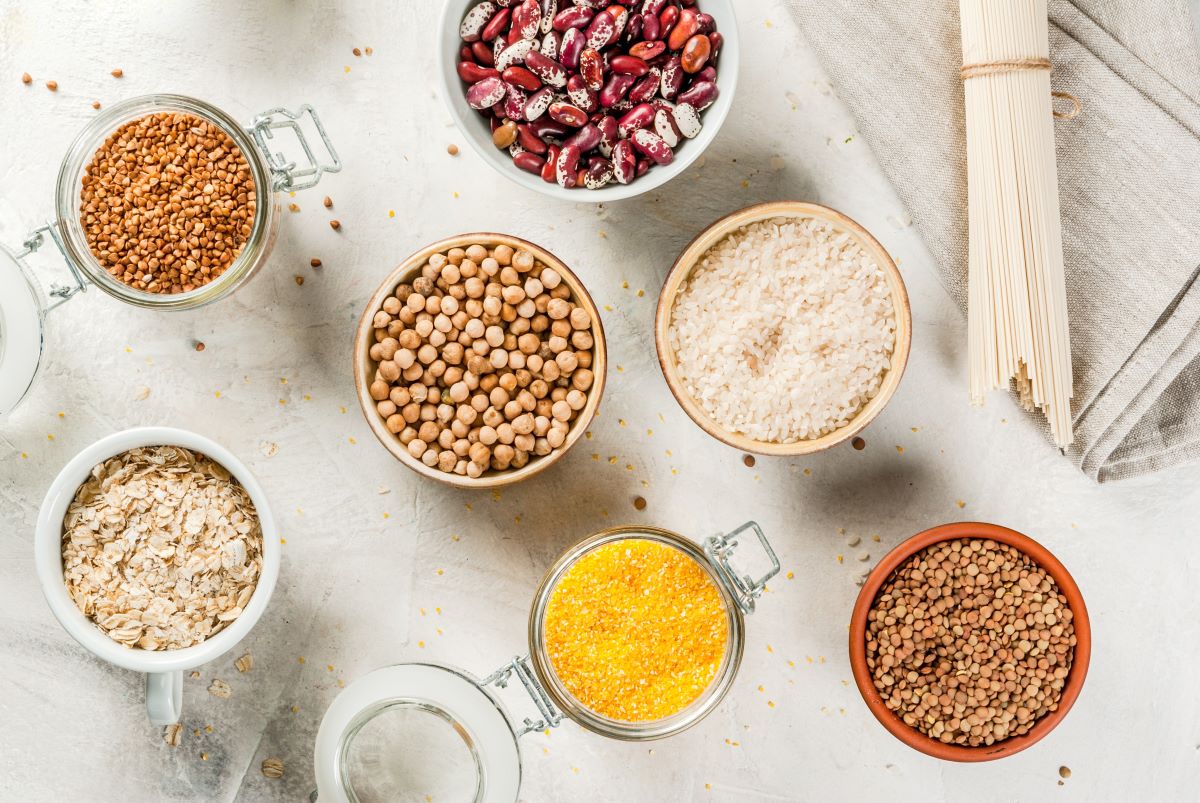
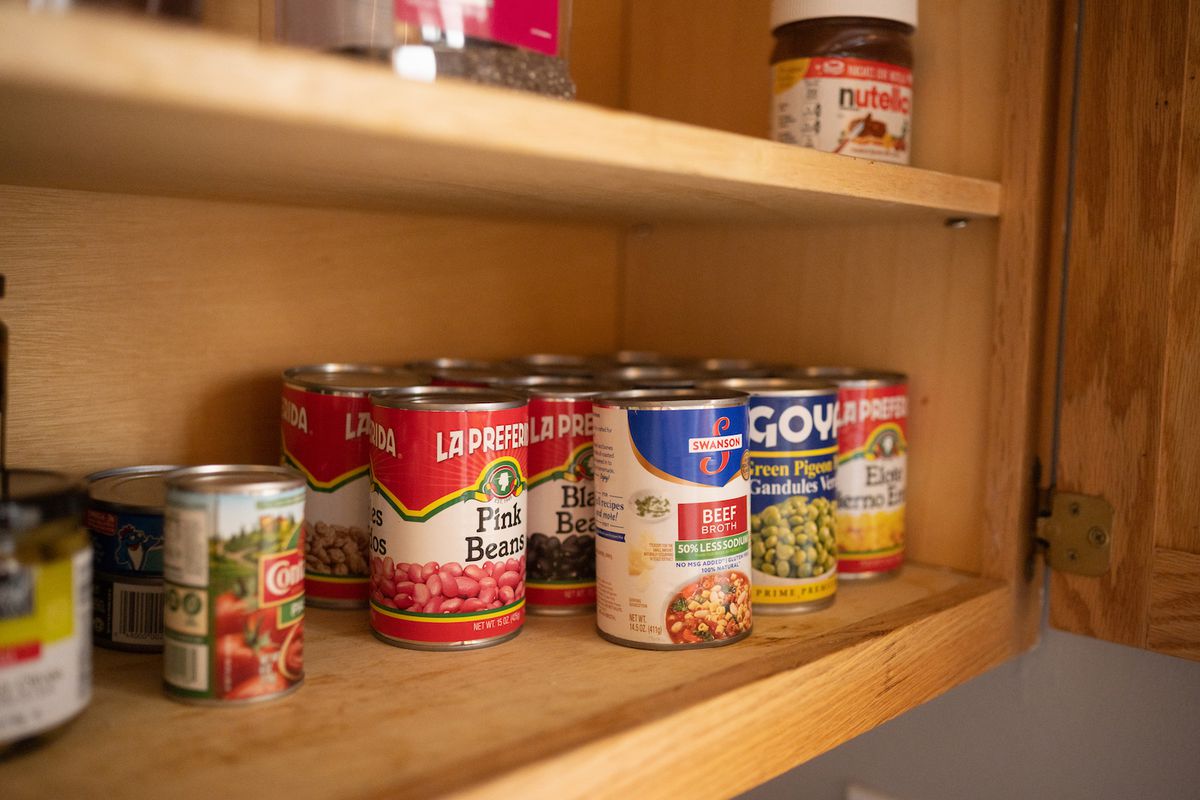
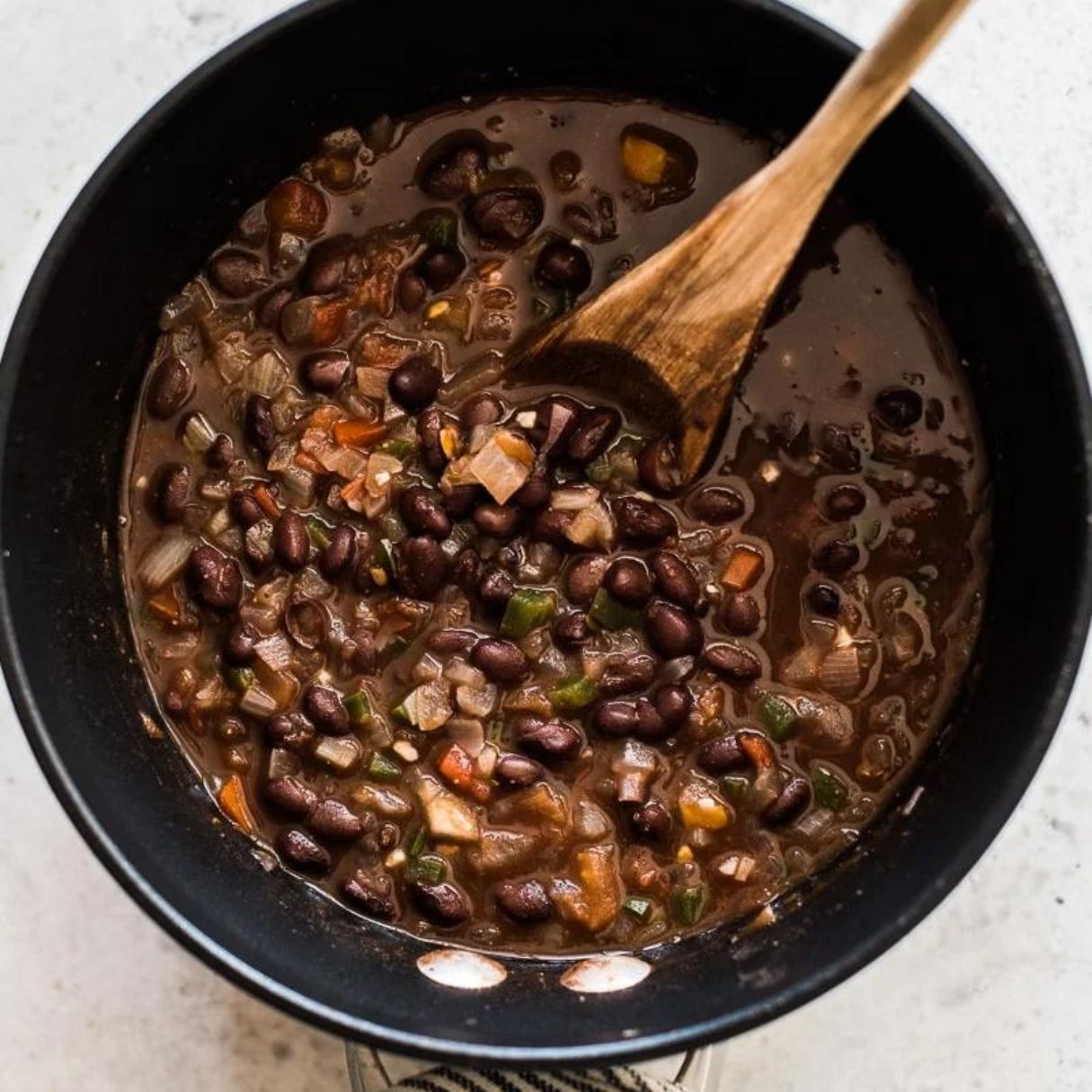

0 thoughts on “How To Store Beans After Cooking”